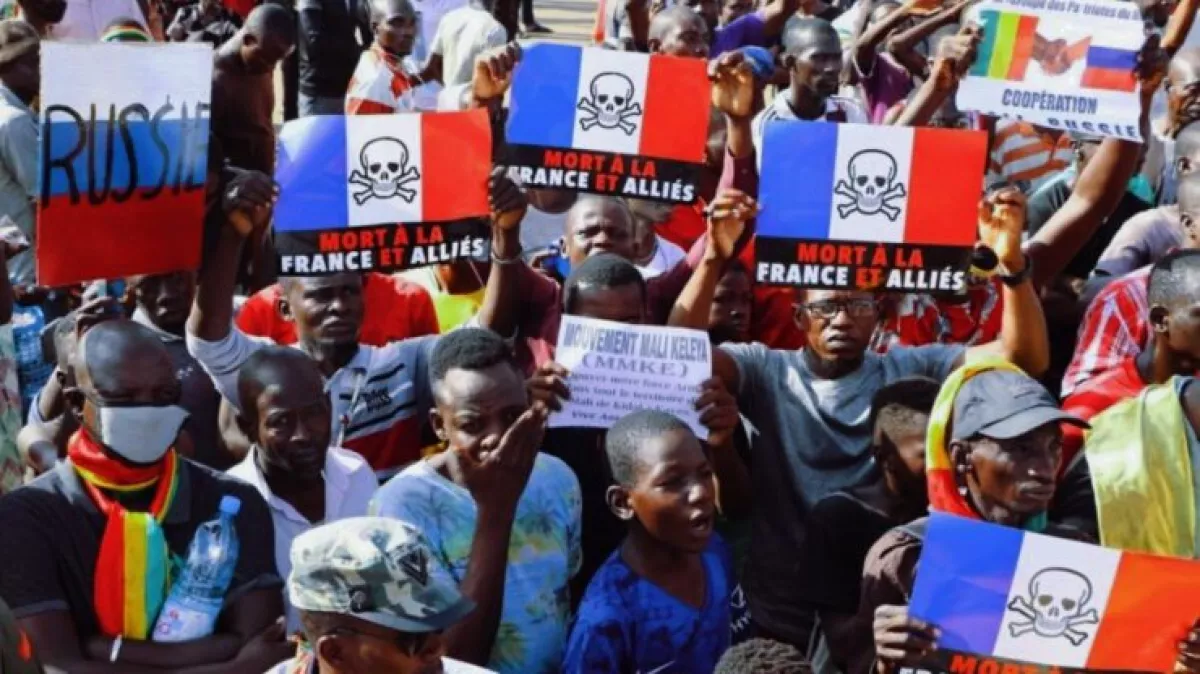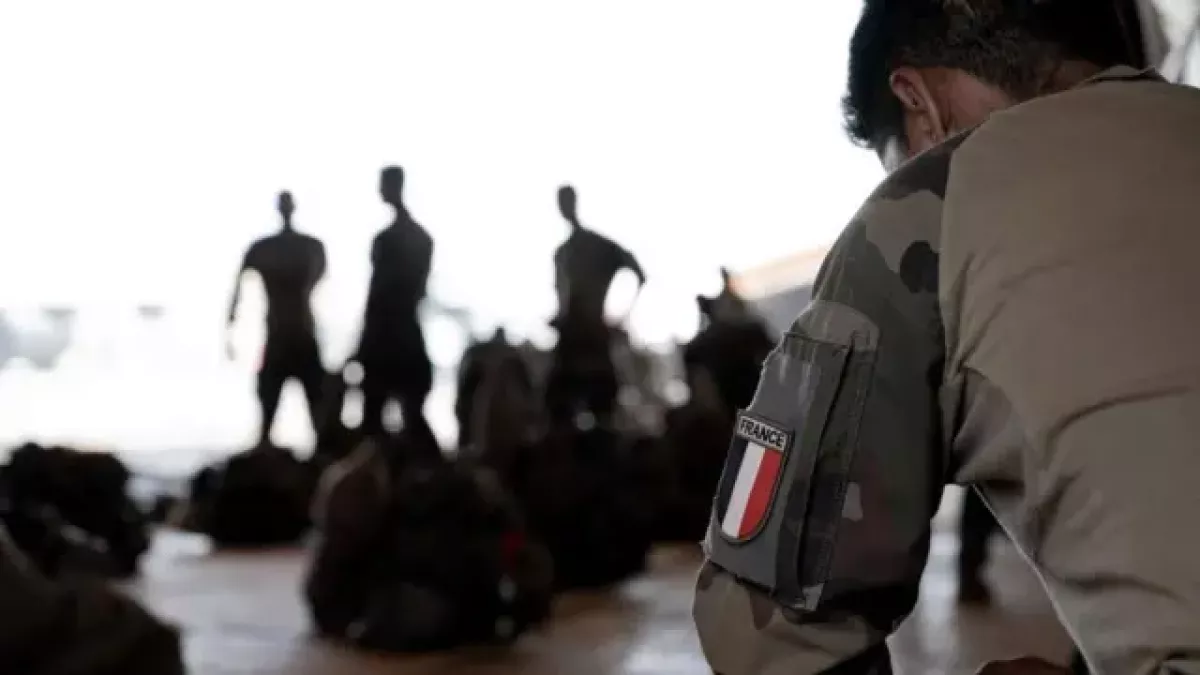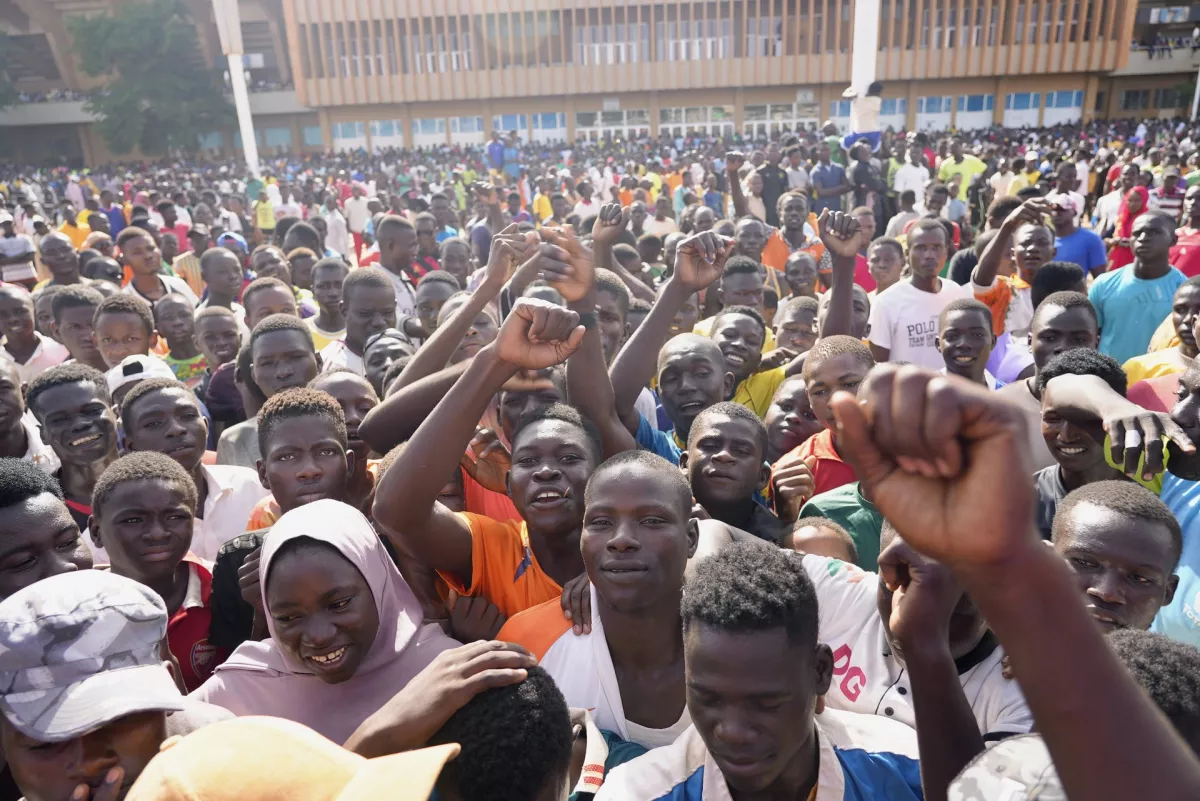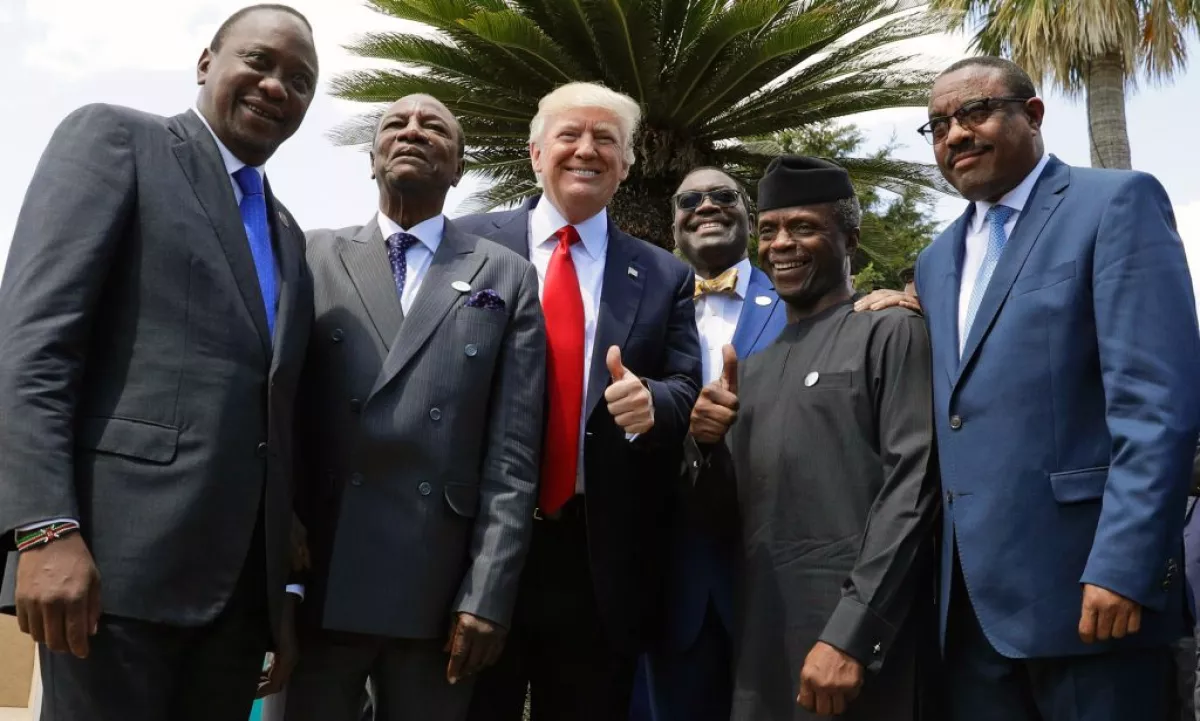End of French colonialism: Africa reclaims its voice Article by Daily Sabah
The Turkish Daily Sabah paper has published an article examining France’s retreat from Africa, describing it as the end of an era of dominance and the beginning of a new multipolar power shift on the continent. Caliber.Az republishes the article.
“In 1960, Senegal, a West African coastal country on the Atlantic Ocean, became independent from France in the aftermath of a continentwide decolonization process. This should have marked the end of territorial occupation and cultural acculturation. However, the French military’s withdrawal from Senegal came after 65 years of permanent presence in the country. This decision was the result of a broader shift in 2022, when President Emmanuel Macron, as commander in chief, decided to end France’s military presence in Mali, Burkina Faso, Niger, Chad, the Central African Republic and Gabon.
Leaving Africa once and for all
Paris’ decision to withdraw from what was once considered its "backyard" is the result of a rise in anti-French sentiment among a younger generation of political and military leaders across the African Sahel and West Africa. This sentiment, nurtured by older generations seeking to permanently sever ties with France’s patronizing policies, has challenged the longstanding influence of "Françafrique," a neo-colonial framework that had shaped France's foreign policy in Africa for decades.

This is a major strategic blow for Paris at a time of global uncertainty and geopolitical realignment. While France’s military withdrawal from West Africa has been gradual, it has not been as “shocking” as the sudden expulsions from countries like Mali, Niger, Burkina Faso and Chad, where French troops were essentially forced out despite the fact that their “war on terror” missions were not complete. In 2022, French troops also left the Ivory Coast and Gabon.
Apart from military operations like Serval, Barkhane and Sangaris, which targeted transnational armed groups and human trafficking, France’s military presence in Africa has been steadily shrinking over the last two decades.
Actors filling power vacuum
French military bases were originally meant to ensure regional security and stability. However, they were often used by local African leaders to protect their thrones, safeguard French citizens, or lead coups when military and political crises arose. Today, Paris finds itself powerless, paying the price for interfering too deeply in the domestic politics of African nations. Macron attempted to curtail the influence of Françafrique and open a new chapter, but he ultimately failed. A strong neocolonial and nostalgic colonial lobby remains active in Paris, and Macron has increasingly lost control over both domestic and foreign policy.
France has clearly lost its hegemony in West Africa. Senegalese President Bassirou Diomaye Diakhar Faye has urged Paris to apologize for colonial atrocities, including the massacre of dozens of African soldiers on Dec. 1, 1944. These soldiers had fought for France in World War II, just like those from Algeria, Cameroon, Madagascar and Senegal.

Governments across Africa are increasingly questioning the presence of French soldiers. Many have cut ties with France and instead turned to powers like Russia, Türkiye and China for economic development and security partnerships. In Mali, for instance, Russian forces have replaced French troops. The Kremlin has deployed Wagner mercenaries in the Central African Republic, another former French colony.
Russia is expanding its influence and military footprint in Africa through security agreements, economic investments and military contracts. In addition to Mali and the Central African Republic, Wagner groups are reportedly active in other areas. Algeria, however, has expressed strong opposition to their presence in Mali since it continues to position itself as a stabilizing force in the region, offering peace initiatives and mediation, despite recent tensions with the military junta in Bamako.
China is another global power asserting its presence in Africa through heavy investment in infrastructure, natural resources, and trade. Meanwhile, regional players like Nigeria and Ghana continue to play important roles in West African politics, though their credibility has been damaged in the eyes of the Alliance of Sahel States (AES), a group formed in 2023 by Niger, Mali, and Burkina Faso in response to what they perceive as biased leadership within the Economic Community of West African States (ECOWAS). To the AES nations, ECOWAS and countries like Nigeria are seen as enforcers of France’s interests in the region. These three states are now actively working to end French military, economic and political influence in the African Sahel and West Africa.

France’s withdrawal signals the decline of its traditional cultural and political dominance in Francophone Africa. The linguistic and cultural legacy that once defined France's role on the continent is becoming irrelevant. In the 21st century, new actors are emerging, leading a shift in Africa’s geopolitical and geoeconomic dynamics.
This realignment is fostering a multipolar order, not only in West Africa and the Sahel but across the entire continent. However, this paradigm shift is not without challenges. Governments in Niger, Mali, Burkina Faso, Senegal, and to some extent, Chad, are struggling to maintain stability and deliver economic prosperity. As a result, the region’s humanitarian crisis has worsened, becoming a serious national security issue for northern neighbors like Algeria, Libya, Mauritania, and Morocco, all of which are experiencing an influx of refugees.
The decline of French influence has created space for many other global and regional actors to deepen economic ties with the African nations and assert greater geopolitical influence in the continent. Even the U.S. has shown renewed interest in Central Africa. Recent agreements under the U.S. administration aim to attract billions of dollars in Western investment into the region, particularly into sectors like tantalum, gold, cobalt, copper, lithium and other minerals. President Donald Trump combined geology with diplomacy, helping to end decades of conflict between M23 rebels (supported by Rwanda) and the Democratic Congolese army.

France’s failure to craft a coherent withdrawal strategy or a sustainable development and security policy has significantly undermined its credibility, both in counterterrorism efforts and broader foreign policy. Like the U.S. withdrawal from Afghanistan in 2021, France's retreat from Africa marks the end of an era, revealing the ineffectiveness of long-term foreign military interventions when not paired with genuine development goals and mutual respect.” the article reads.








